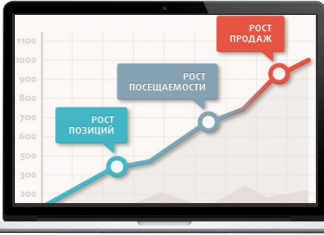Denmark is making waves in the global fight against deepfakes with a bold proposal to redefine copyright law. Expected to pass early next year, the bill aims to grant citizens ownership over their own likeness – meaning images and voices captured digitally could be protected from unauthorized manipulation and online dissemination without consent. This comes at a time when deepfake technology has advanced dramatically, raising concerns about its misuse for malicious purposes like spreading misinformation, damaging reputations, and creating non-consensual pornography.
The proposed law directly addresses the chilling reality faced by individuals like Marie Watson, a Danish video game live streamer who found an AI-generated image of herself digitally nude on Instagram in 2021. The incident left her emotionally distressed, highlighting the vulnerability of ordinary people to this rapidly evolving threat. While Watson initially felt powerless against the spread of the manipulated content online, Denmark’s proposed legislation seeks to shift that dynamic.
Shifting the Legal Landscape
The bill reflects a growing global recognition that existing legal frameworks are ill-equipped to handle the unique challenges posed by deepfakes. While some countries have tackled specific aspects like non-consensual intimate image sharing (as seen in recent US legislation), Denmark’s proposed law takes a more comprehensive approach. By granting individuals copyright over their own likeness, it would empower them to demand the removal of unauthorized deepfakes from online platforms.
However, the practical implementation remains unclear. Determining what constitutes parody or satire, which the law aims to exempt, could prove complex in practice. It also raises questions about enforcement: while social media platforms could face hefty fines for failing to remove such content, individual users are unlikely to be penalized under this initial iteration of the law.
A Beacon for Other Nations?
Denmark’s initiative is attracting attention beyond its borders. The country currently holds the rotating presidency of the European Union and has already sparked interest from fellow member states like France and Ireland. Whether Denmark’s model ultimately proves effective in curbing deepfake proliferation remains to be seen, but it undeniably signals a critical shift in how governments are approaching this complex issue.
The challenge is monumental. As Henry Ajder, founder of consulting firm Latent Space Advisory and an expert on generative AI, points out, current legal tools offer limited protection for individuals against deepfakes. The Danish government’s willingness to confront the problem head-on raises crucial questions about the balance between safeguarding individual rights in the digital age and preserving free speech and creative expression.
It also underscores the urgent need for international cooperation to establish clear guidelines and effective solutions to combat the growing threat of deepfakes, which continue to blur the lines between reality and fabrication with increasing ease.




















































